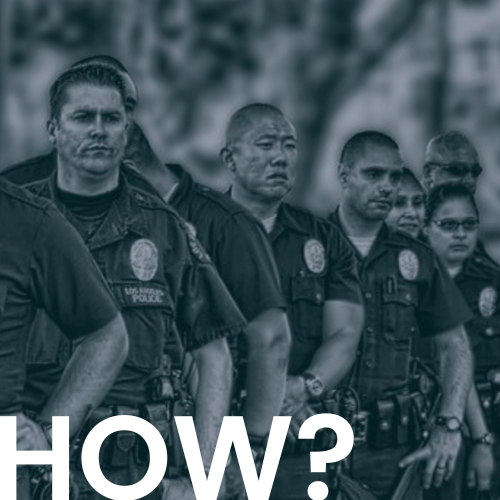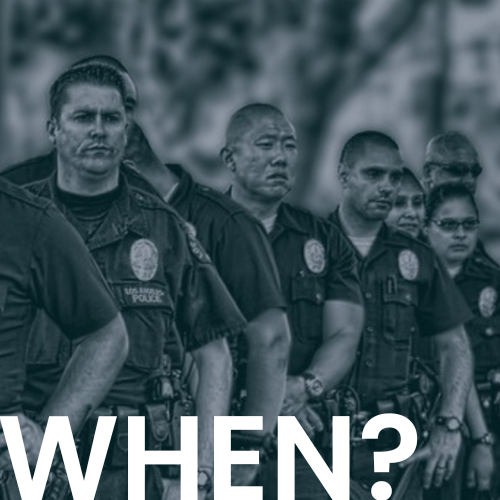Habit
Law teams use habit evidence to highlight that a defendant's consistent actions during specific circumstances. For example, a lawyer may argue that their client accused of assaulting a victim at a college library at 3 p.m. on a Tuesday met with a study group at 3 p.m. every Tuesday in a different location on campus. Therefore, the defendant couldn't have assaulted the victim. Unlike presumptive evidence, which considers a defendant's unfavorable behavior in the past, habit evidence is admissible in court.






![Peace Officer Standards & Training [POST] Departments Peace Officer Standards & Training [POST] Departments](/sites/default/files/styles/large/public/2023-07/Brady.png?itok=xsIFvU8R)
![Organizations [Law Enforcement et al.] Organizations [Law Enforcement et al.]](/sites/default/files/styles/large/public/2023-07/Brady%20%282%29.png?itok=H7Pj15F8)

